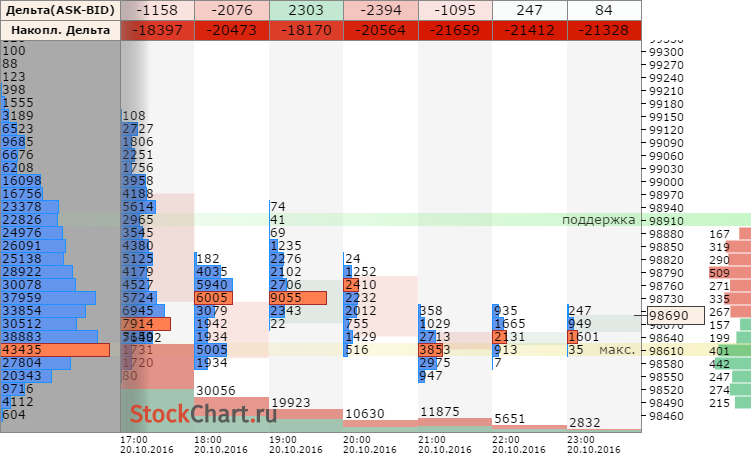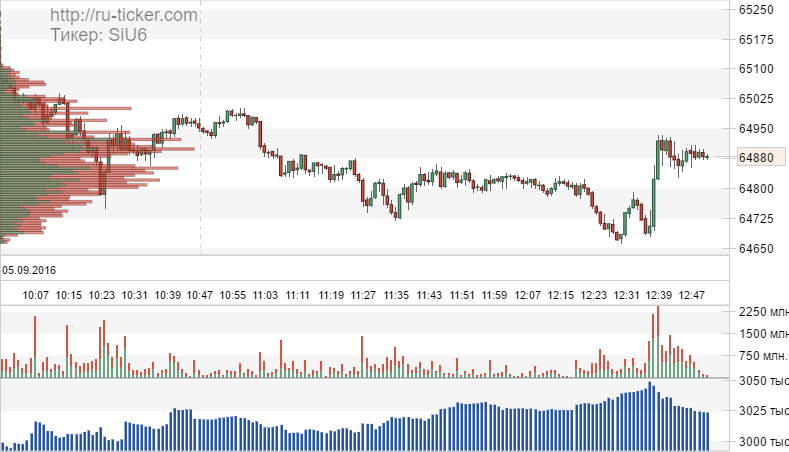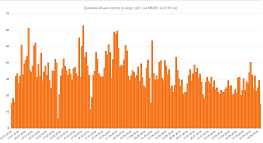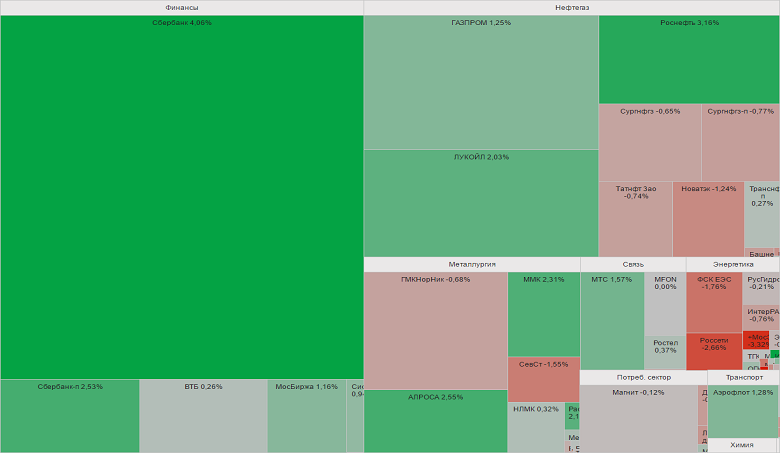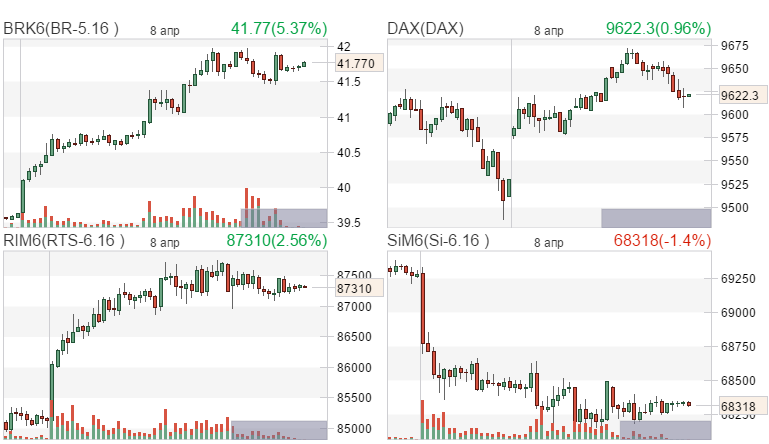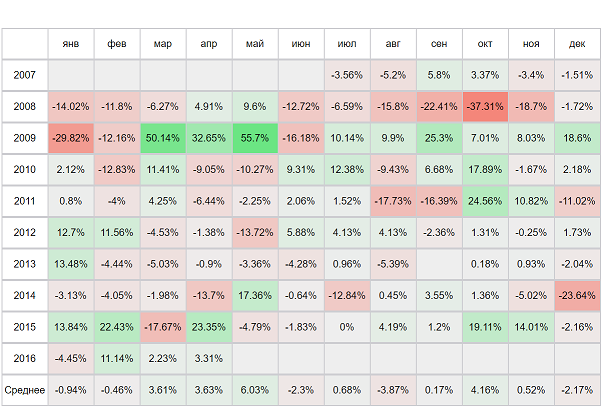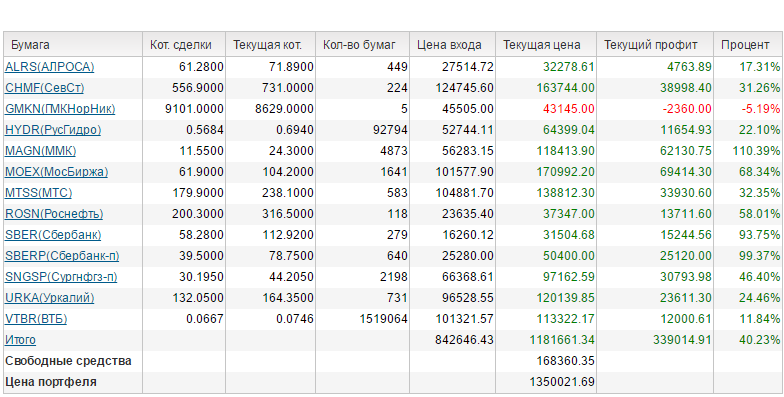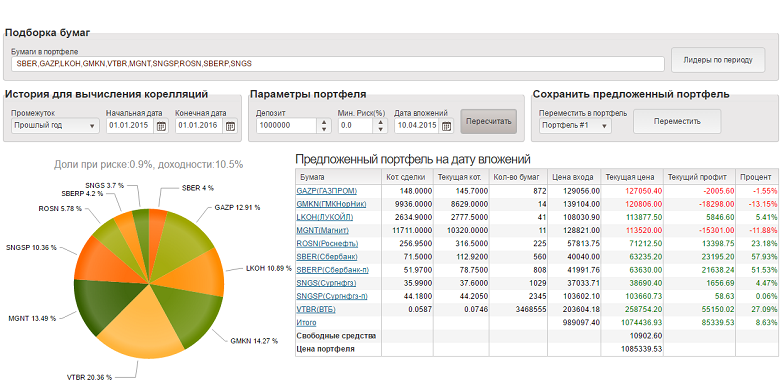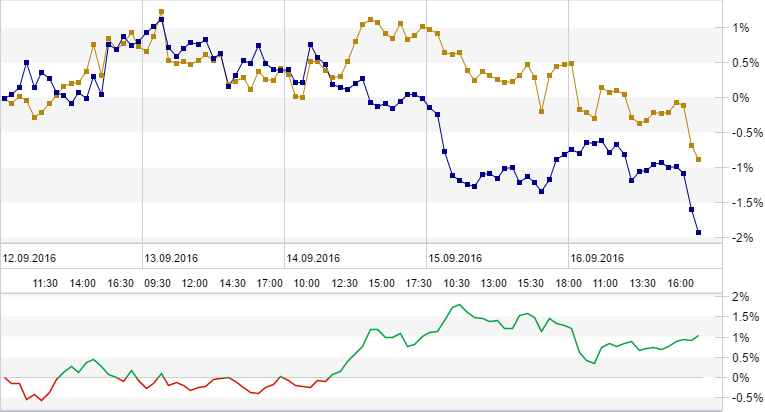 |  |  | |||||||||||
 |
|
||||||||||||
 |  |  | |||||||||||||||
 |
|
||||||||||||||||

Техническая поддержка
ONLINE
 |  |  | |||||||||||||||||
 |
|
||||||||||||||||||
The 8 AI Skills That Will Separate Winners From Losers in 2025
ruticker 06.03.2025 18:34:46 Recognized text from YouScriptor channel Liam Ottley
Recognized from a YouTube video by YouScriptor.com, For more details, follow the link The 8 AI Skills That Will Separate Winners From Losers in 2025
**In 2025, the winners won't be the marketers, the developers, or the designers. There'll be AI generalists who can do it all.** I know because I've done it. Over the past two years, I've made almost $4 million by mastering a specific set of AI skills that have turned me into a one-person army. In this video, I'll show you why AI generalists will dominate every industry in the coming years, the eight AI skills that anyone can learn to become one, and exactly how to master these skills yourself, even if you're starting from zero. This video isn't just another learn AI guide; it's your blueprint to becoming unstoppable in 2025 and beyond. Before we get into things, if you are new to the channel and don't know who I am, my name is Le Motley, and I've been an entrepreneur for the past six years, the past two of which have been fully focused on building AI businesses. For me, going all in on AI has completely changed my life. On this channel, I help others understand the AI opportunity and make more money from it by sharing my learnings from building my company, Morningside, into a billion-dollar AI business. If you want to learn more about me and my story, you can check out my "My Story" video, which I'll put in the description below. But without further ado, let's get into the eight AI skills you need to crush in 2025 and beyond. To understand how to be one of the few winners in 2025, regardless of your career path, you need to understand the dynamics of the period that we're entering into. Over the coming decade, the job market and society itself will be completely transformed by AI and automation. According to McKinsey's 2023 research, AI could automate up to 50% of the current work activities by 2030. Similarly, Bain's research shows that up to 80% of workers will face wage stagnation or displacement by 2030 due to AI and automation. So, in this era of radical transformation, how can you develop a winning strategy for your career to navigate through these uncharted waters? Believe it or not, evolutionary biology actually holds a lot of the answers we're looking for here. As Darwin said, "It's not the strongest of the species that survives, nor the most intelligent; it's the one that's the most adaptable to change." During periods of massive environmental change, like this rocky period that humanity is entering over the next decade and beyond, the most adaptable organisms survive best. Nature gives us two distinct strategies for adapting: specialists and generalists. Now, give me a sec; I will bring this back around, but stick with me. Consider the giant panda. It's evolved over millions of years to eat only bamboo, with a thumb specifically designed to strip the bamboo leaves off the bamboo. In stable times, this specialization is incredibly successful. There's a lot of bamboo they can tap into as a food source. However, if something happens to the bamboo forests, these pandas face extinction because they can't adapt to other food sources; they are overly dependent on their specialization. Now, if you look at something like the raccoon, it can eat almost anything, live almost anywhere, and adapt to new environments rapidly. When their habitat and environment change—say, there's billions of upright apes walking around, driving SUVs, and living in houses—raccoons don't just survive; they've actually thrived in this changing environment. The most dramatic example of this specialist-versus-generalist pattern playing out is over 66 million years ago when a big asteroid hit Earth and wiped out all the dinosaurs. It wasn't the T-Rex that survived; it wasn't the specialized marine reptiles or flying pterosaurs—these incredibly specialized and beautiful creatures that were perfectly adapted to their niches. They were wiped out almost overnight. Who survived? It was the small and adaptable mammals—our ancient ancestors. They weren't the strongest or the most specialized; they were generalists who could eat anything, live anywhere, and quickly adapt to changing conditions in their environment. We're witnessing a similar extinction-level event in the job market right now. Just like the dinosaurs, there's a gigantic meteor coming right for us in today's world. Thankfully, we are not competing for physical survival; we're competing for economic and professional survival. Just as environmental changes once determined which species thrived, technological changes are now determining which careers and skills will prosper in this competition for economic survival. The specialists are the corporate lawyers who spent years mastering contract law, the radiologists who dedicated a decade to reading medical images, or the software developers who invested years in learning a specific programming language. For the past 80 years, specialization like this has been the safest career strategy. You get to go deep in one area, become irreplaceable, and enjoy a stable and prosperous career. However, that equation is being flipped on its head. Over the coming decades, AI systems are now matching or exceeding these specialists' performance in countless different fields. They are diagnosing diseases as accurately as doctors, reviewing legal documents faster than lawyers, and writing code better and faster than many developers. This is just the beginning; these AI capabilities are literally doubling every six months. So, it's pretty safe to say that no career is safe over the next 10 years. We know what a specialist is, but what does an adaptable generalist look like in today's world? These modern-day generalists are individuals who harness AI to acquire the capabilities of multiple different specialists simultaneously. While these AI generalists may not match the absolute peak performance of true specialists right now, they can very quickly achieve up to 80% of the capabilities of specialists across multiple different domains. Instead of spending a decade mastering just one skill, these AI generalists can become proficient in new specializations in literally weeks. They're using image generation to create professional artwork, AI app builders to create software, and language models to write in any style or format they want. They're acquiring these new powers through AI, allowing them to do more with less effort across many different fields. We'll get to what these powers are exactly in a minute, but just a little bit longer—you need to stick with me. The potential of these AI generalists is so profound that Sam Altman, the CEO of OpenAI, recently shared that among his tech CEO friends, they're all taking bets on when we'll see the first one-person billion-dollar company. That's something that would have been unimaginable without AI. According to them, this is because these AI generalists are like modern-day Leonardo da Vinci, and we're essentially in a digital Renaissance right now. Just as Da Vinci was able to combine art, engineering, anatomy, and mathematics to see connections that others of his time in the Renaissance missed, today's generalists use AI to bring multiple different disciplines together and create value in entirely new ways that weren't possible before. The tools at our disposal these days would seem like complete magic to Leonardo da Vinci. What took him years to master, we can now learn in weeks. What used to require teams of specialists, you can now do alone with AI. What once would have cost millions in equipment and staff, people can now achieve from their laptop on their own. The path to thriving in 2025 and beyond isn't through deeper specialization; it's through becoming an AI generalist who has the power of entire departments of business at their fingertips. This requires mastering four fundamental powers in the AI age, each unlocked by a specific set of skills that anyone can learn, which we're going to jump into in a second. It may seem daunting to have to pick up all these skills, but learning them is what it's actually going to take to thrive in the AI age. But don't just take it from me; take it from Peter Thiel and the advice he gave to Mark Zuckerberg. Peter Thiel is an absolute legend in the tech space, a multibillionaire, etc. So take a listen to this: "I think Peter was the person who told me this really pithy quote: 'In a world that's changing so quickly, the biggest risk you can take is not taking any **Intelligent, it's the one that's most adaptable to change.** I've just given you the blueprint to maximizing your adaptability in 2025 and beyond as an AI generalist and explained the theory behind why it will dominate the entire next decade. AI is creating a new class of people that are better adapted to this digital age, and the question for you now is: will you be one of them? So, that is all for the video, guys. If you want to, hit that like button if you got something out of it. Also, if you want to subscribe to the channel to stay up to date on how to use the AI opportunity to get the most out of life over the coming years and decades, that's what this channel is all about—sharing my learnings on my journey as well. So, if you haven't already, go down there and do all that fun stuff. I'm going to put a video up here breaking down some of the most important lessons for learning and building AI agents. Let me know your thoughts down below in the comments, and I will see you inside the free school community!
Залогинтесь, что бы оставить свой комментарий

